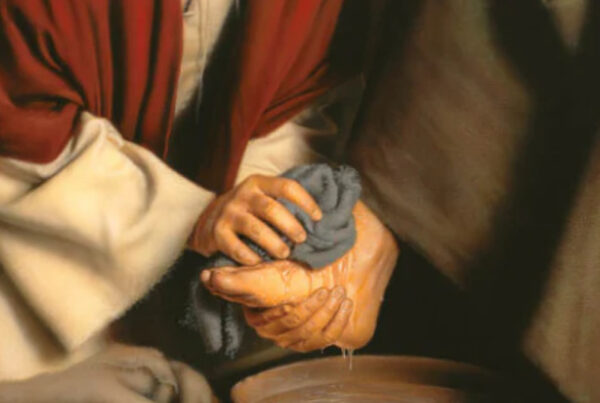Day 10: Chapter 10
As we conclude our journey through the Book of Esther, we witness the culmination of God’s providence and the fulfillment of His divine plan. Chapter 10 serves as an epilogue, highlighting the lasting impact of the courageous actions of Esther and Mordecai.
Mordecai’s rise to power and influence is solidified as he is elevated to a position second only to King Xerxes. Through his wisdom, commitment to the welfare of his people, and his advocacy for the Jews, Mordecai became a key figure in the Persian Empire. This unexpected turn of events reflects God’s ability to exalt those who remain faithful to Him, even in the face of adversity.
The chapter also emphasizes the prosperity and peace that the Jewish people experience as a result of their deliverance. The Jews, once on the verge of annihilation, now find themselves in a position of strength and favor. The joy and celebration that marked the festival of Purim serve as a reminder of God’s faithfulness and the importance of remembering His deliverance.
In our own lives, we can draw parallels to the transformative power of God’s intervention. Just as Esther and Mordecai faced challenges with courage and trust in God, we too can navigate difficult circumstances, knowing that God is in control. Chapter 10 encourages us to reflect on the enduring impact of God’s providence and to celebrate the victories He brings into our lives.
Key Verse:
“Mordecai the Jew was second in rank to King Xerxes, preeminent among the Jews, and held in high esteem by his many fellow Jews, because he worked for the good of his people and spoke up for the welfare of all the Jews.” ~ Esther 10:3
Questions to ponder:
- How can the story of Esther and Mordecai inspire us to trust God’s providence in our own lives?
- In what ways do you see God exalting those who remain faithful to Him, even in challenging circumstances?
- Reflecting on the joyous celebration of Purim, how can we cultivate a spirit of gratitude for God’s deliverance in our lives?
- Mordecai’s commitment to the welfare of his people is highlighted. How can we advocate for the well-being of others in our communities?
- As we conclude our study of Esther, what lessons or insights will you carry forward in your faith journey?



